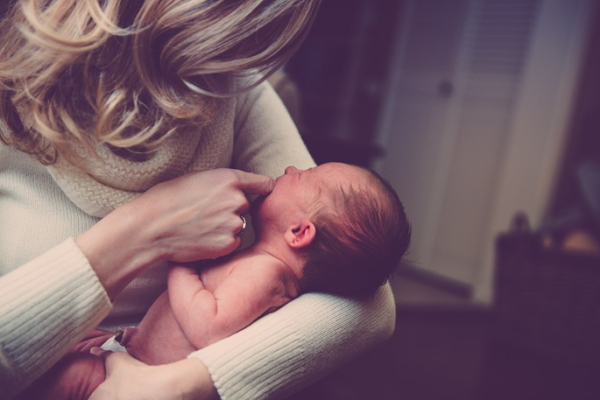
Two out of three higher education students wish to have children in the future, according to a survey conducted by the Finnish Institute for Health and Welfare (THL).
Women’s wishes of having children have decreased in recent years, said THL in a press release on Wednesday, quoting the Finnish Student Health and Wellbeing Survey (KOTT) conducted in the spring of 2024.
About 63% of men and 59% of women studying at an institution of higher education wish to have children in the future. Approximately a quarter of students without children are not yet sure whether they want children in the future.
The share of women wishing to have children has decreased by seven percentage points between 2021 and 2024.
The wishes of higher education students are similar to those of young adults in the entire population.
Clearly more than half of higher education students wish to have children in the future, but only four per cent of men and eight per cent of women currently have children.
“The results of the study show that, even among higher education students, wishes of having children are decreasing, even though the birth rate has decreased especially among those with a low level of education. There is no clear reason for the recent decline in wishes of having children,” said Research Manager Johanna Närvi.
The economic situation and the experience of insufficient support from society have clearly become more common as obstacles to having children among both men and women in recent years.
The most common obstacles to having children among students without children are unfinished studies, the financial situation, unwillingness to commit to young children, reconciliation of studies and a family, and young age or immaturity.
Conversely, climate change and the experience of Finland as a non-child-friendly country were not found to be of equal significance.
Women’s concerns about coping as parents and their own health are also common obstacles to having children, as is the relationship situation for men.
“Some do not want children and are satisfied with their choice. What makes the situation difficult is if various obstacles delay or make it impossible to have children, and this leads to some people having fewer children than they had wished. It is important for society to support the realisation of wishes of having children by alleviating the perceived obstacles,” said Research Manager Suvi Parikka.
The study found that students with mental strain wish for children less frequently than those with no strain, and they also report obstacles to having children more often than others.
For men, 52% of those mentally strained and 68% of those not strained wish to have children in the future. For women, 51% of those mentally strained and 65% of those not strained wish to have children in the future.
“Mental health problems can be one of the reasons for the reduced desire to have children and thus an obstacle to having children. It is important that adequate support and treatment is provided for those with psychological distress in mental health services. In part, this can help reduce obstacles to wishes of having children,” said Research Manager Olli Kiviruusu.
The birth rate in Finland is at a record low level. There is a significant difference between the desired and eventual number of children.
- Fewer
- Women
- Education
- Child
Source: www.dailyfinland.fi
